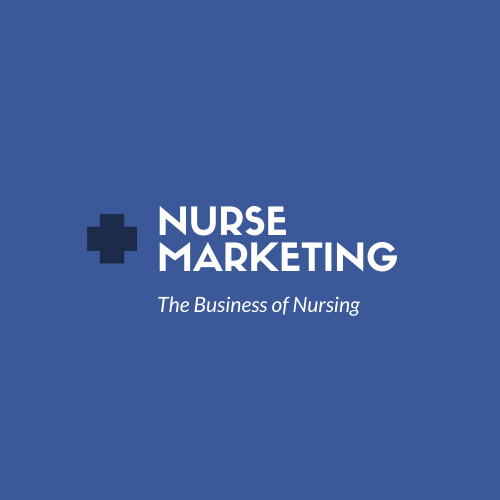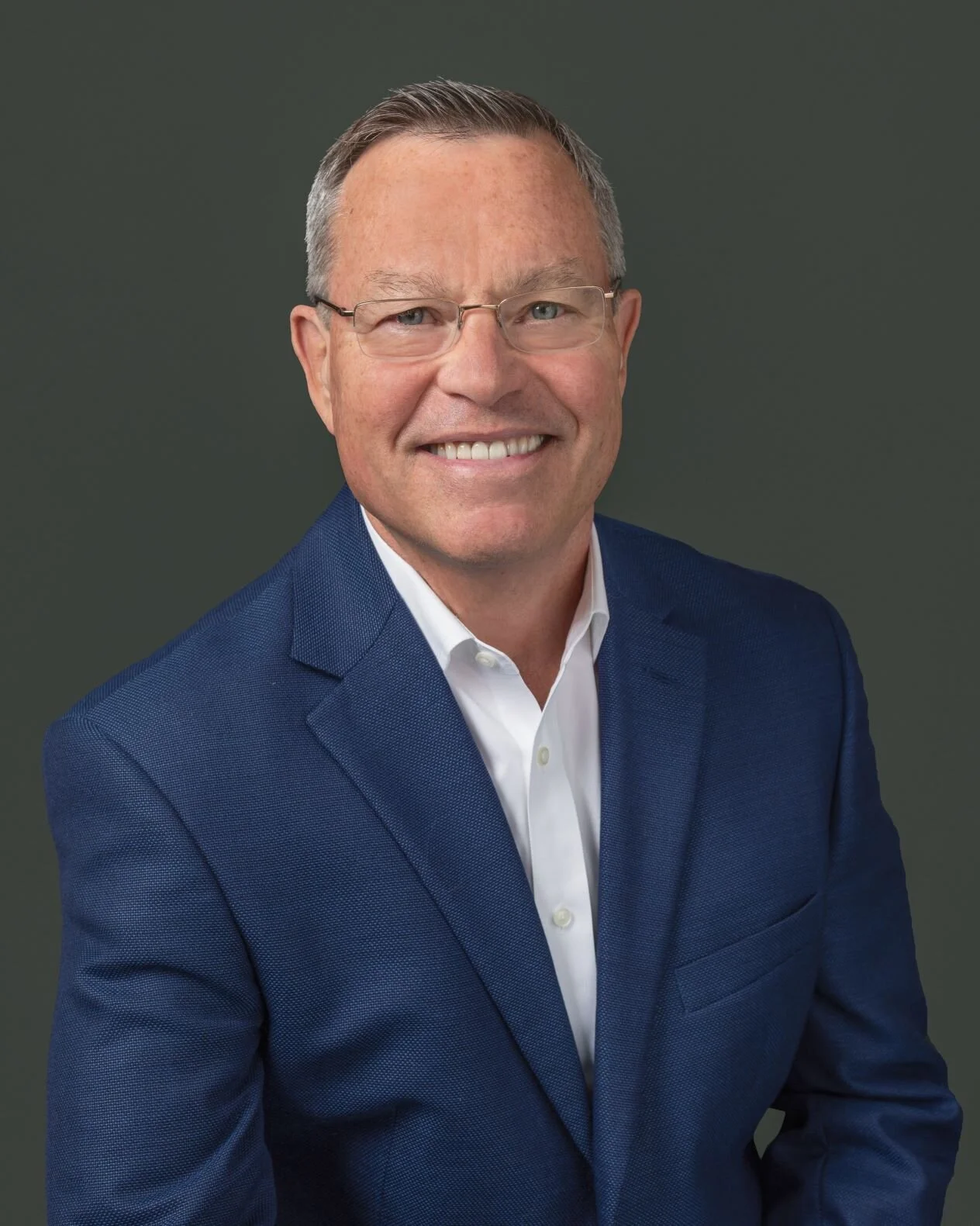Episode: “Business Resource: The Most Important Skill for Success w/ Dr. Baker ”
Welcome to another episode of Nurse Marketing: The Business of Nursing!
During these times we may find that we are having a hard time keeping up with all that we have to do.
Before investing a TON of money in hiring a consultant, let’s first try getting better in asking our network for help in areas that matter the most.
What happens when we do this, ask in the right way, we may find that we already have access to many of the resources we need!
#EasyButton
If the idea of saving money by tapping into our existing network sounds interesting, check out the episode below!
About our Guest
Dr. Wayne Baker is a professor of Business Administration and Faculty, Director of the Centre for Preposition Organizations at the University of Michigan law School of Business. Wayne is also a co-founder and board member of Give and Take Inc. and he is the author of the just-published book, All You Have to Do Is Ask.
Topics Covered:
0:57 – Amelia introduces Dr. Wayne Baker and introduces his business and what it does and also introduces his newly published book.
2:14 – Talks about what made him decide to, or inspired him to start the process of writing his book called All You Have to Do Is Ask.
5:54 - Shares the problems reciprocity ring and his book solves in relationship to the nurse who is tasked with solving and fixing the problem of retention or compassion fatigue in an organization?
10:15 – Shares what people have to look forward to on the other side of asking for help.
11:33 – Gives five criteria for a well-formulated or effective request from his book.
13:42 – Gives encouraging things that people starting their next chapter in life should think about.
17:09 – Talks about what has been helpful or really good in terms of strategic partnerships for him.
Main Takeaways and Quotes
“I can trace the origin back 21 years. So it was a long time ago. And it had to do with a fateful conversation I have with my wife, and we were talking about the teaching and research that I do at the business school. But she said, “Well, what do you tell them to do?” And I said, “Well, I really don't have a lot. I've got a few stories and a few anecdotes and I'm hoping that bell's going to ring and I run out of time because I don't have a lot of answers for that.” So that led to a conversation about could we create some sort of activity that would enable people to use their networks in a very positive and productive way? I thought getting people to help or to be generous would be the problem, but what I very quickly learned is that that was never the problem. People were incredibly generous, but everyone struggled with asking, everyone struggled with making a request.” - Dr. Wayne Baker
“The book is all the tools, very how to book, tools that individuals, teams and organizations can use to get better at asking for as well as giving help.” - Dr. Wayne Baker
“Reciprocity ring is one of a number of tools that can be used, but they're all based around the same thing, is that they normalize requesting. In fact, when you engage in these activities, you're required to make a request. And there's some training provided and how you would make a request, what would be a well formulated request, how to figure out what you need, and so forth.” - Dr. Wayne Baker
“Another part of the process is recognizing that you can be more productive. You could be a better nurse by reaching out and asking for input help and resources from other people, it could be your fellow nurses, it could be other healthcare professionals, it could even be patients or technicians themselves.” - Dr. Wayne Baker
“The key to generosity is not getting people to help, it's getting people to ask for what they need, it's the ask or the request that really triggers the natural generosity in everyone.” - Dr. Wayne Baker
“Asking is a habit which means it’s something that can be learned. And it's learned by education and practice, the education part is to realize what commonly makes us reluctant to ask, like, we think no one can help, or that we're going to appear to be incompetent, or we want to just rely on ourselves anyway, to realize that if you can overcome those barriers, then you can be more productive, more efficient and less likely to suffer burnout.” - Dr. Wayne Baker
“The other part is practice, that you need to start experimenting and trying it out.” - Dr. Wayne Baker
“SMART- stands for specific. M stands for measurability. A stands for action. R stands for realistic. T stands for time or deadline.” - Dr. Wayne Baker
“If you started your next chapter, you're going to need a lot of help and a lot of resources from other people to make it happen. And so you need to recognize that asking is part of the process.” - Dr. Wayne Baker
“No one can help you really unless you ask for something, people aren't telepathic and they can't read your mind.” - Dr. Wayne Baker
Thanks for Tuning In!
Thanks so much for being with us this week. Have some feedback you'd like to share?
Please leave a note in the comments section below!
If you enjoyed this episode on improving health outcomes, please share it with your friends!
Thanks for listening!
To connect with Amelia:



